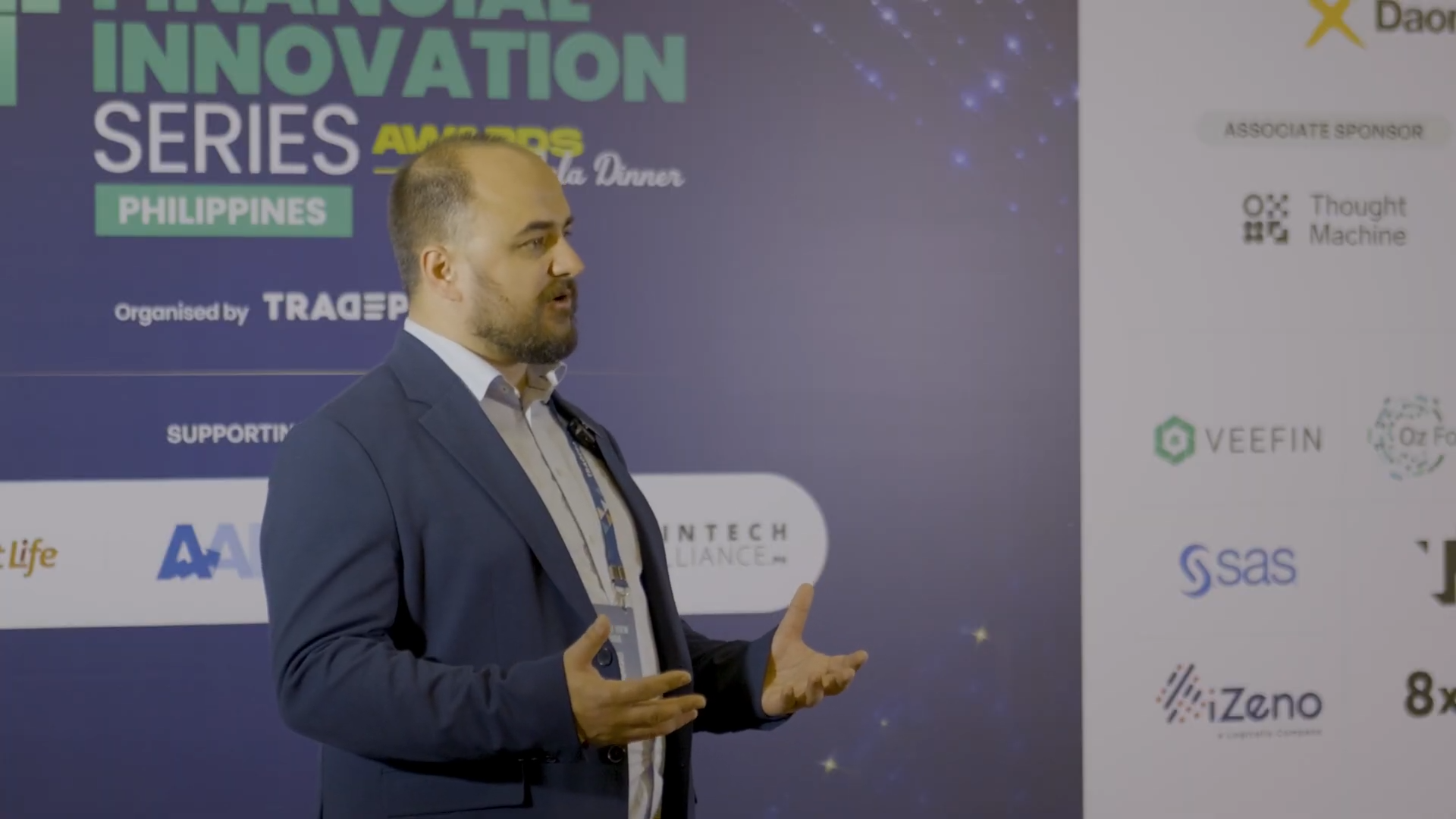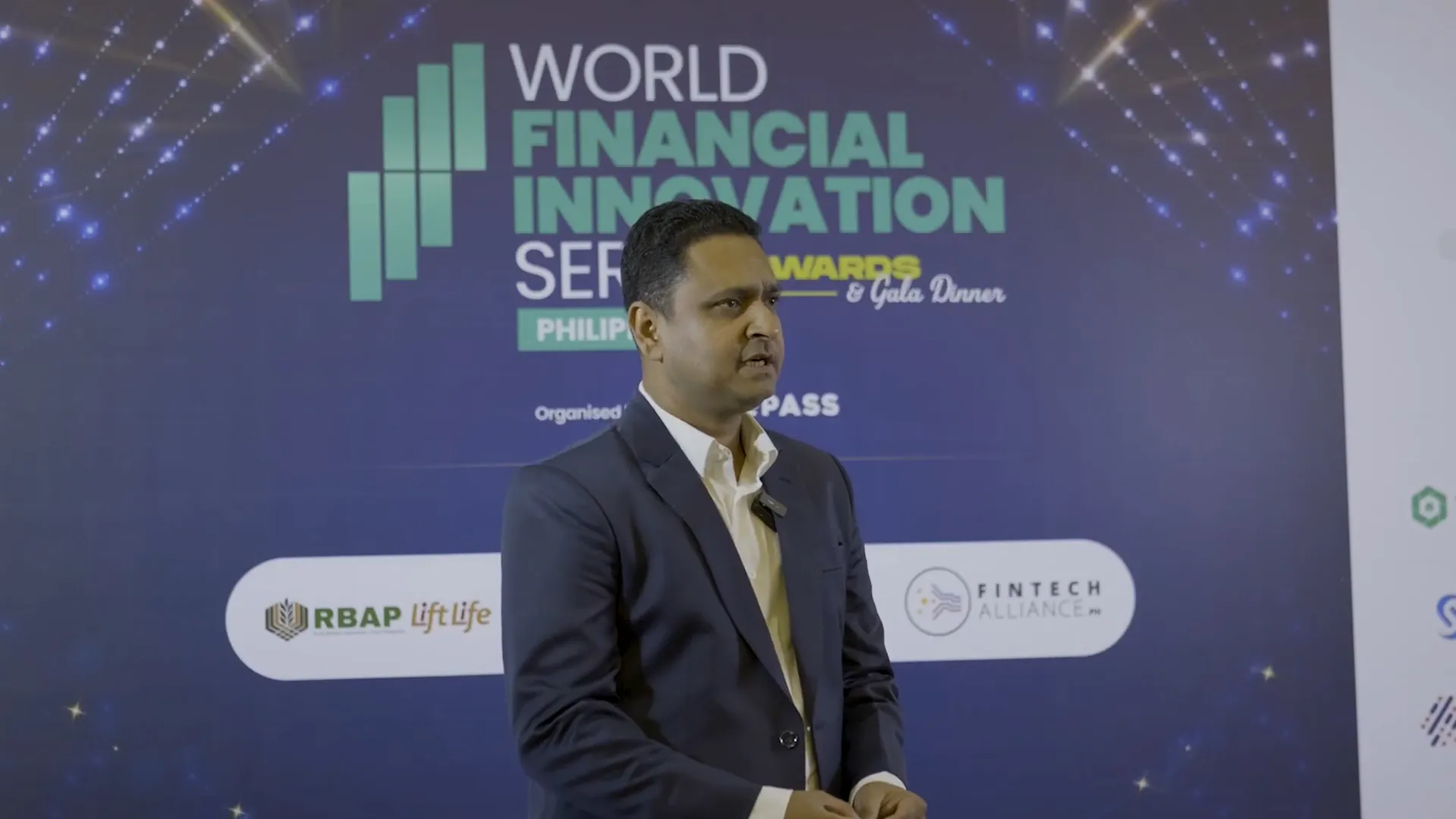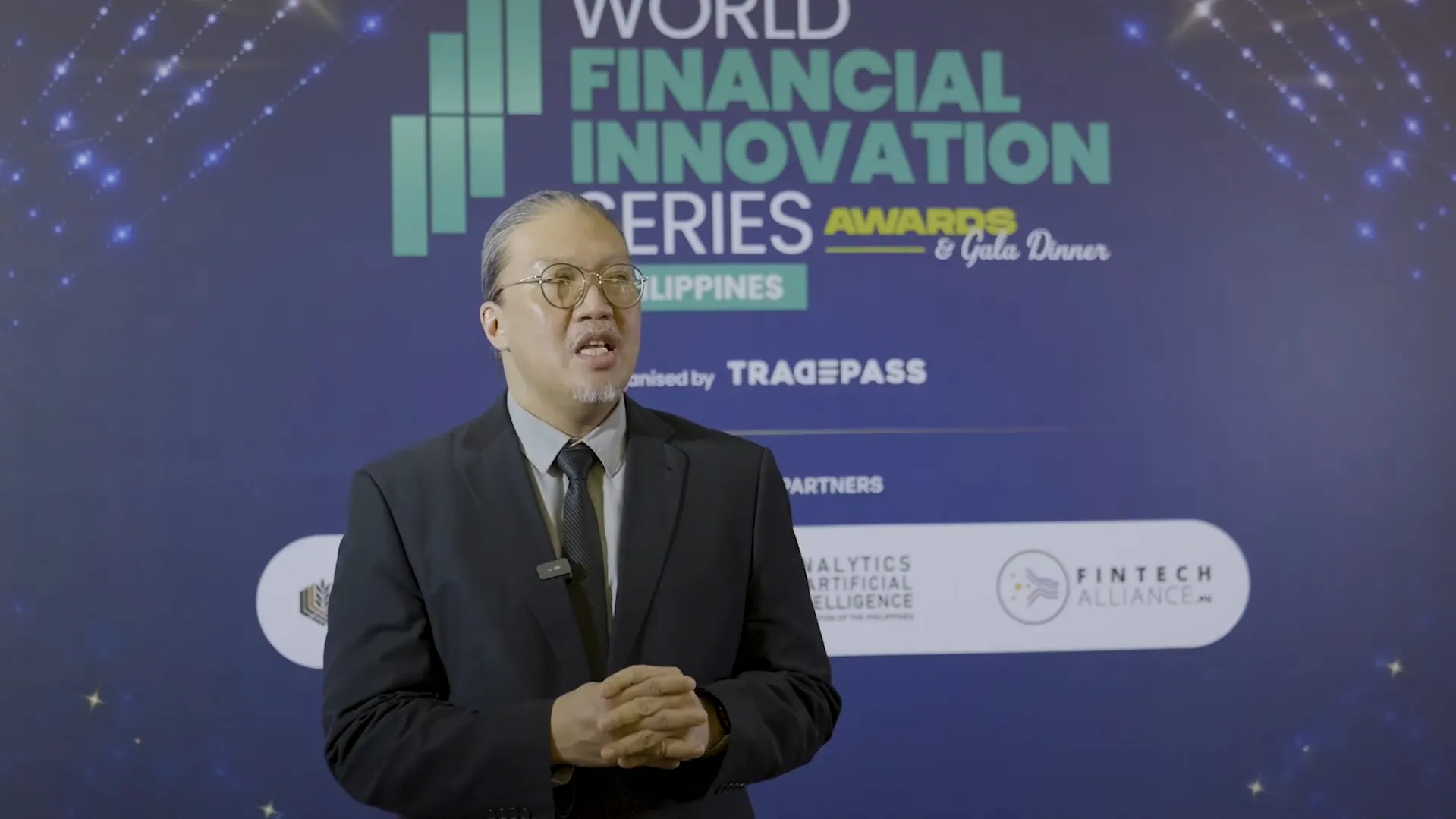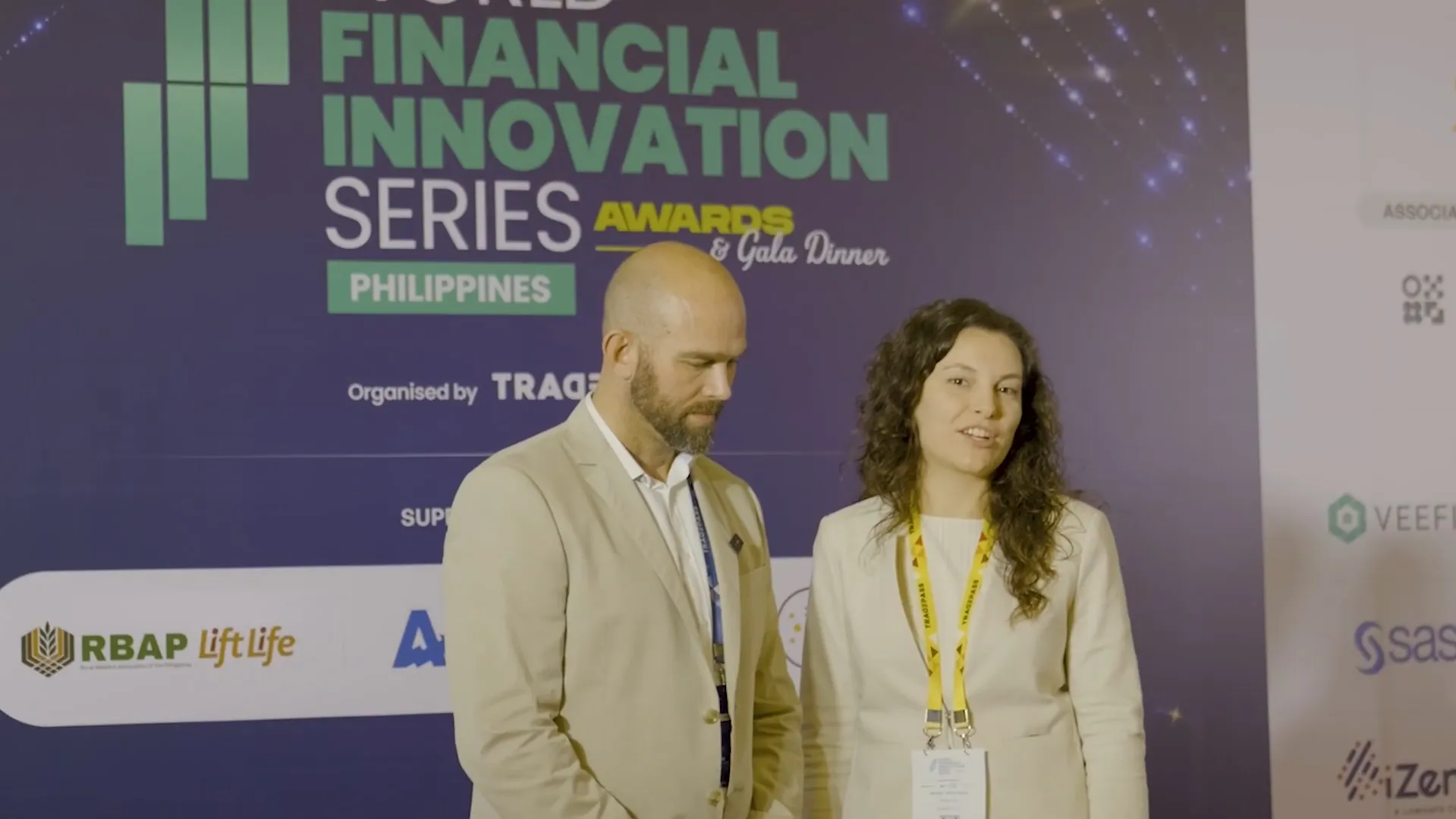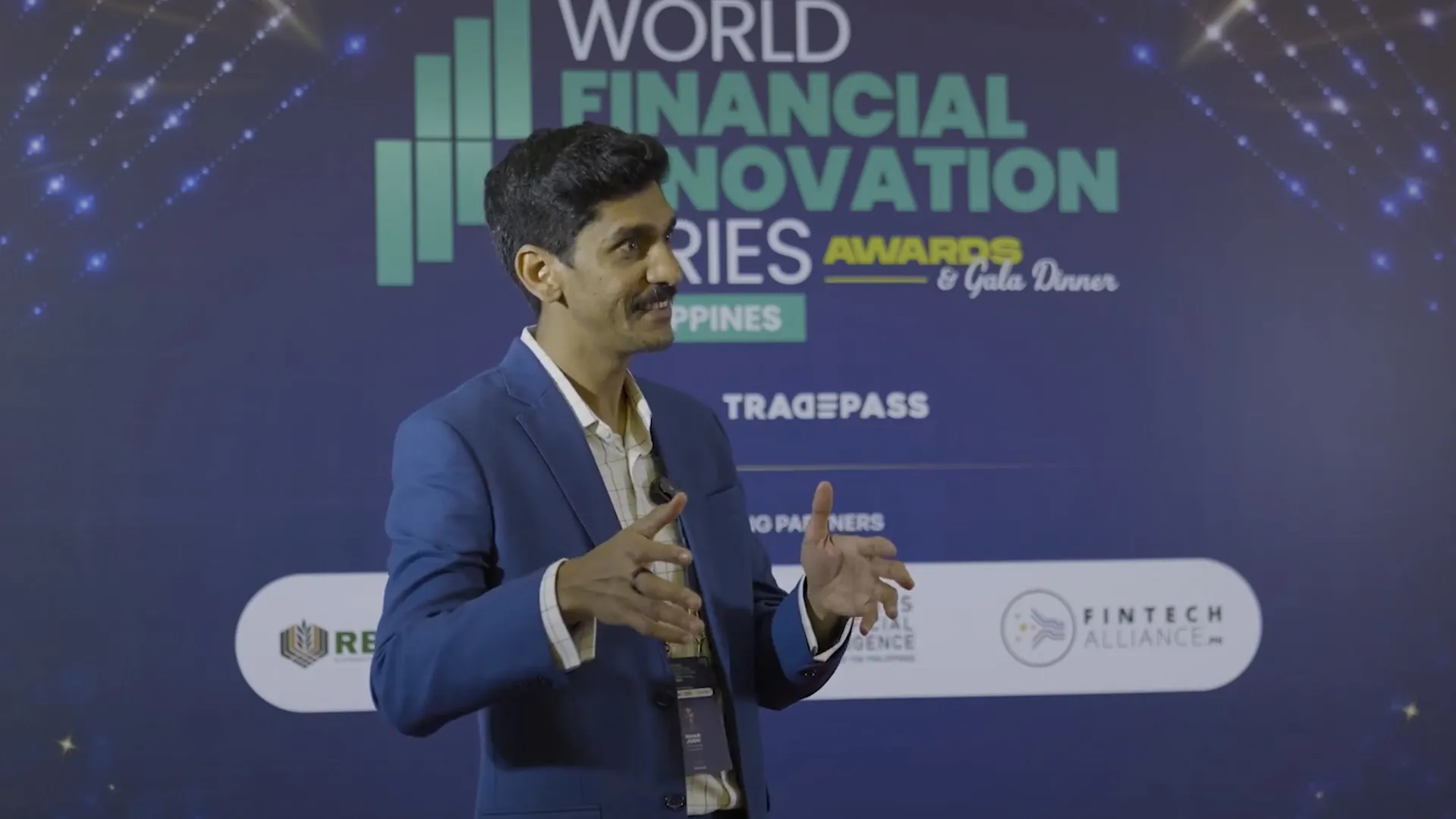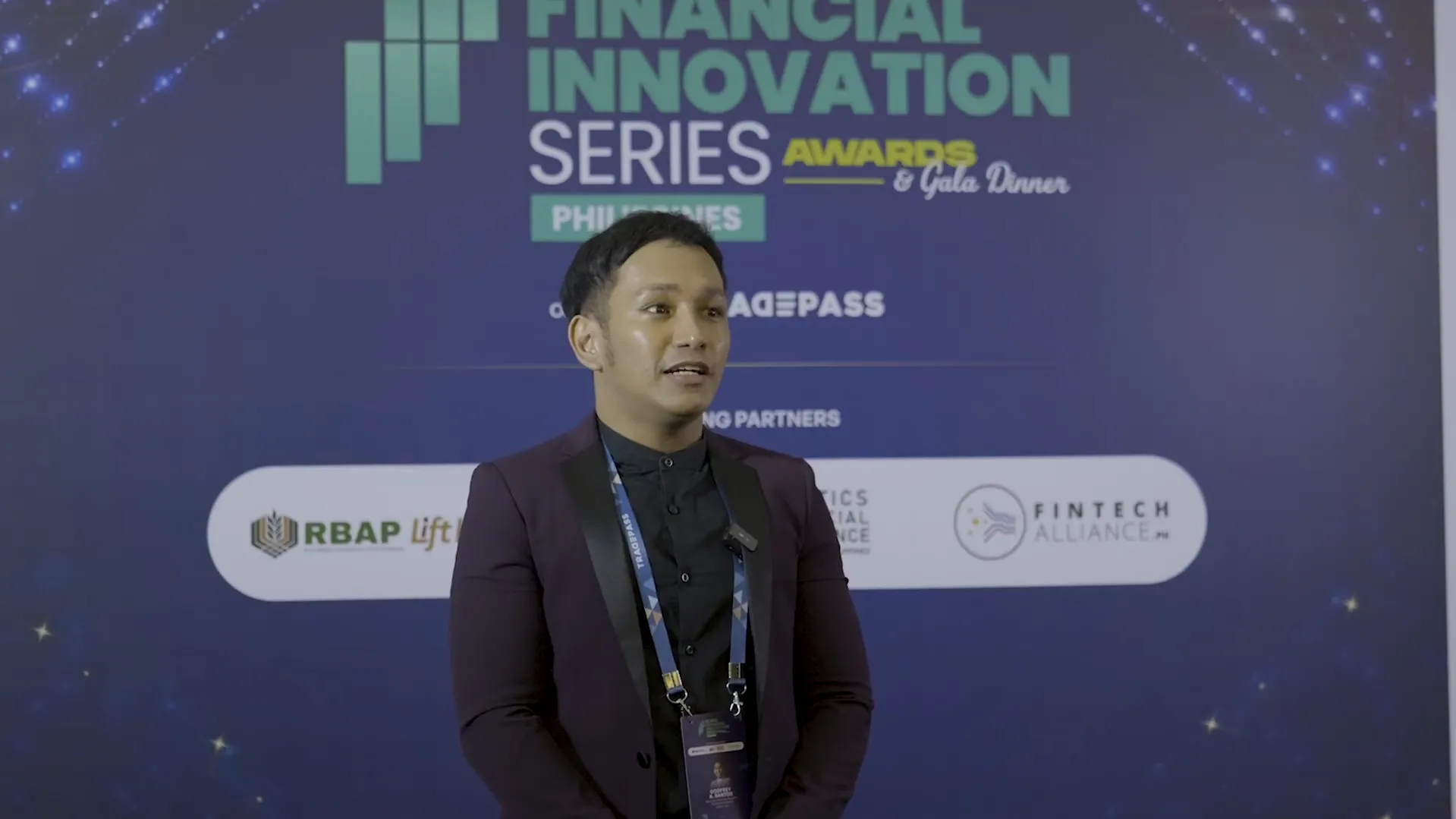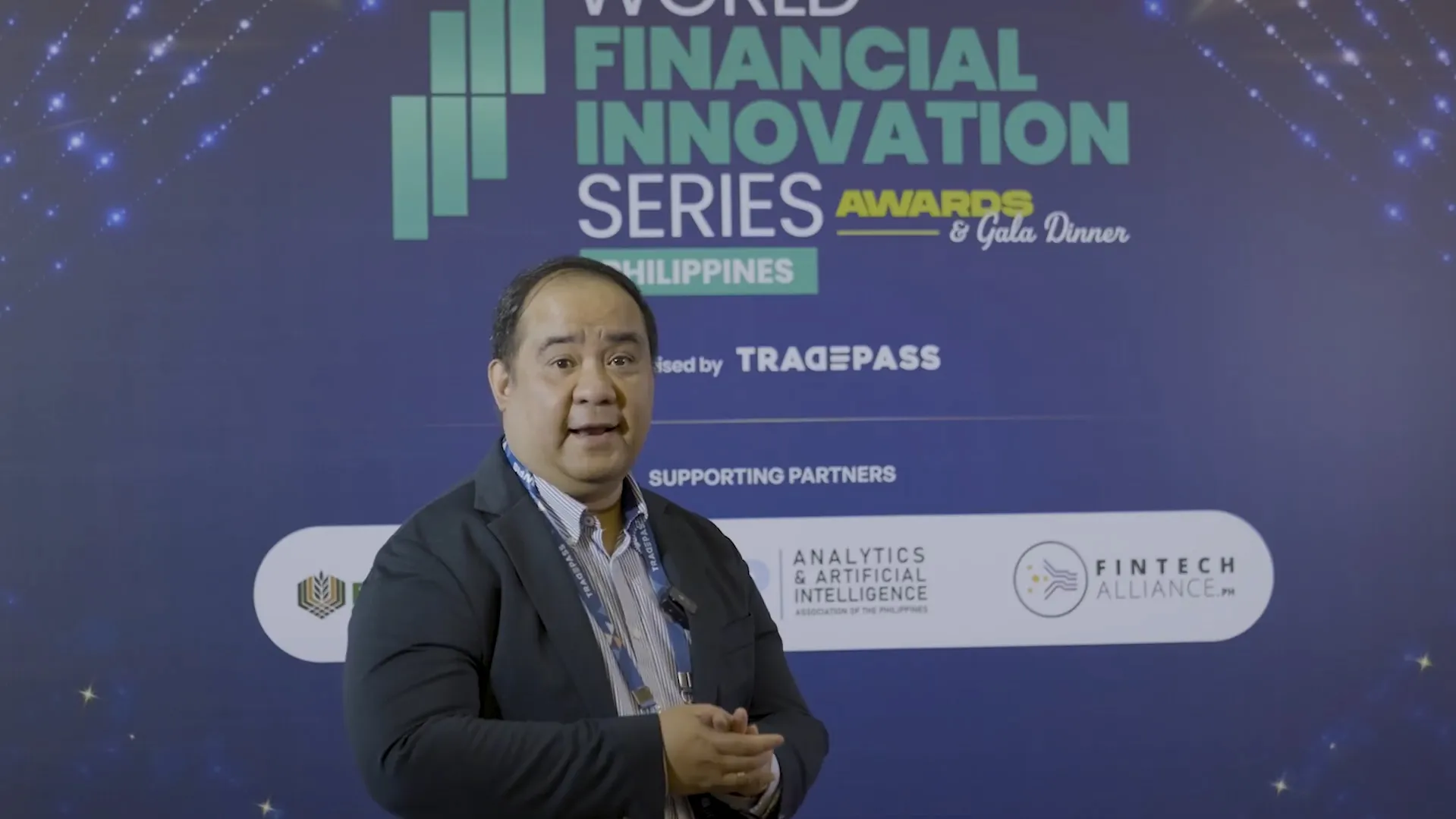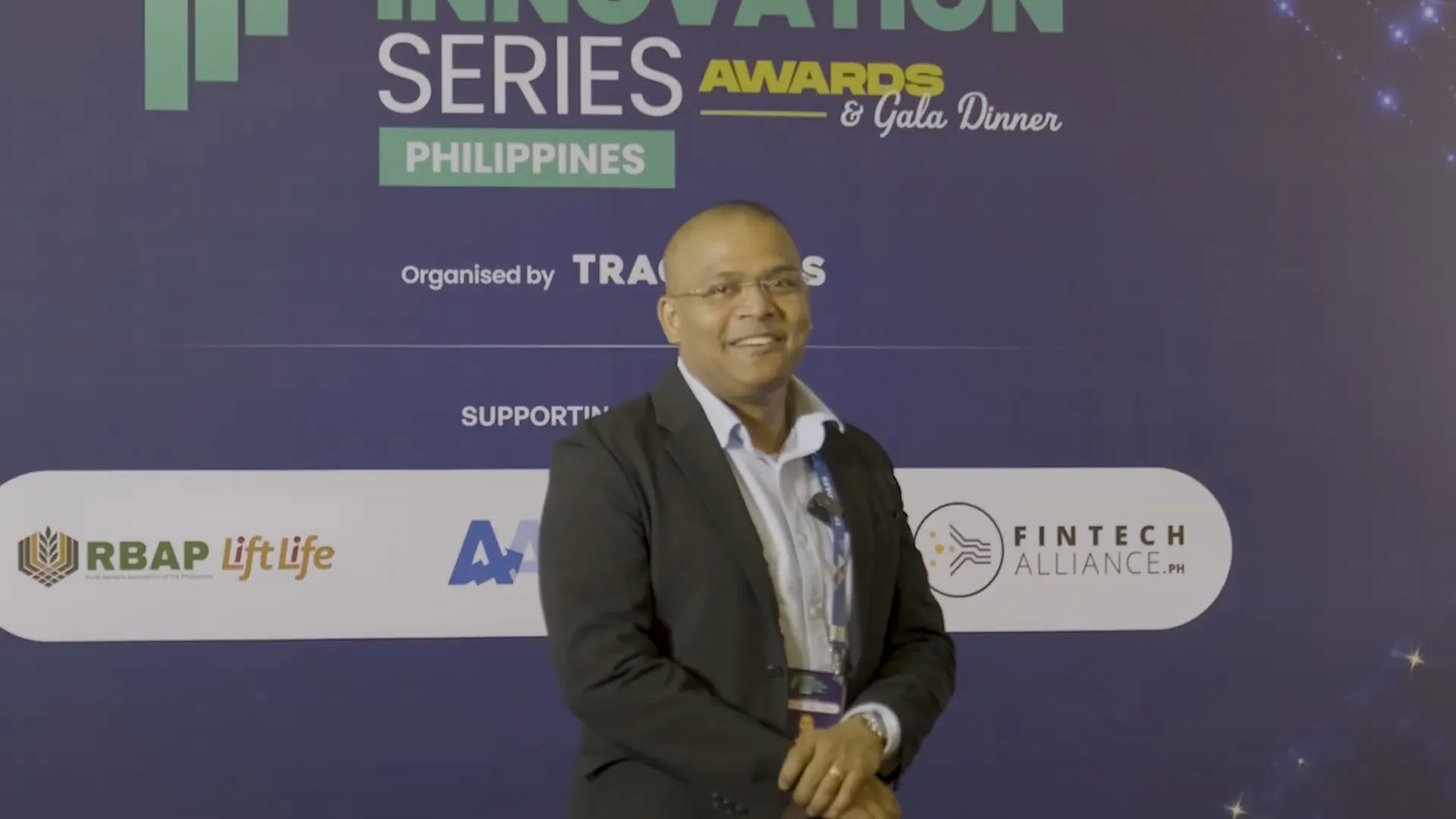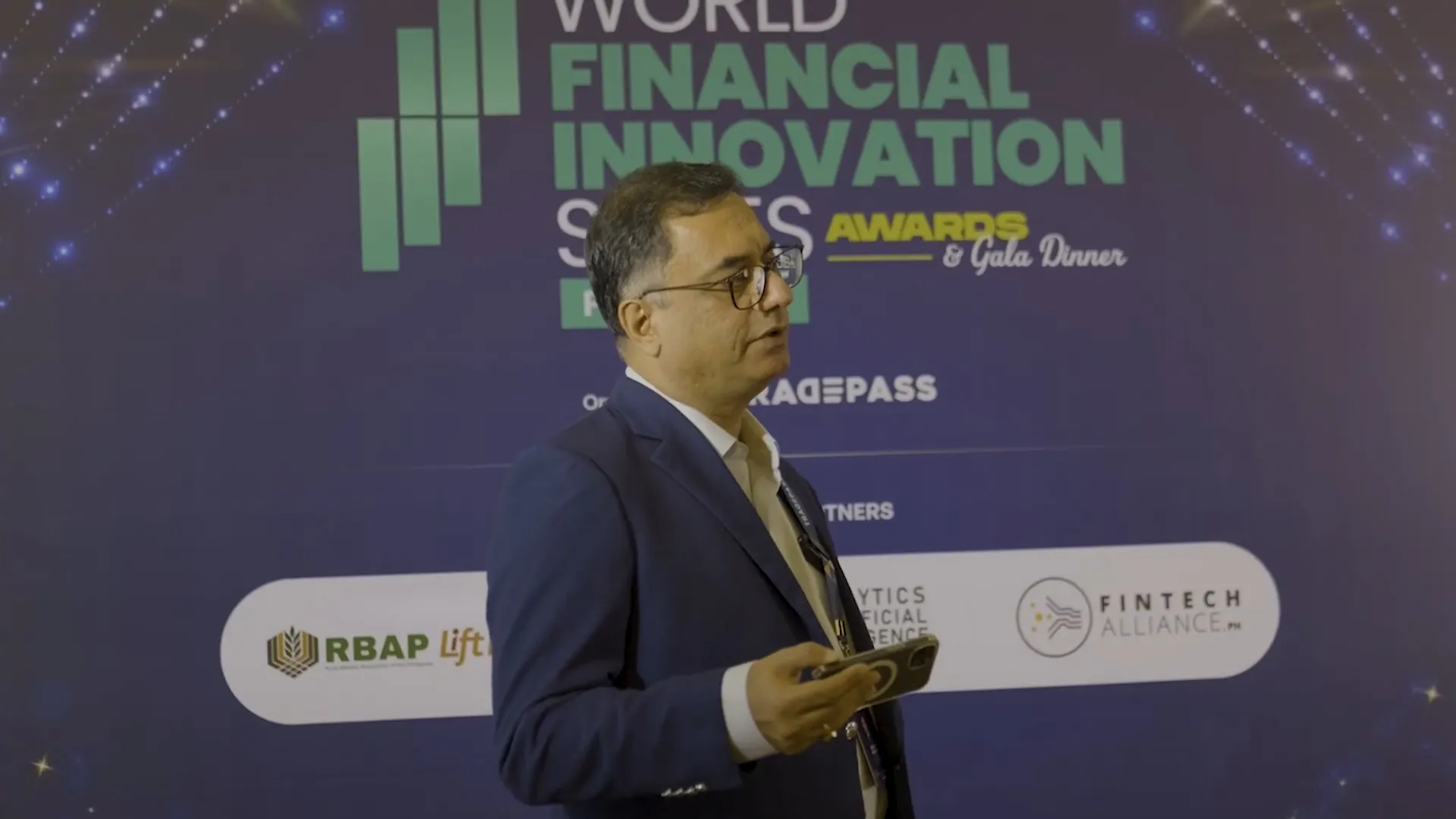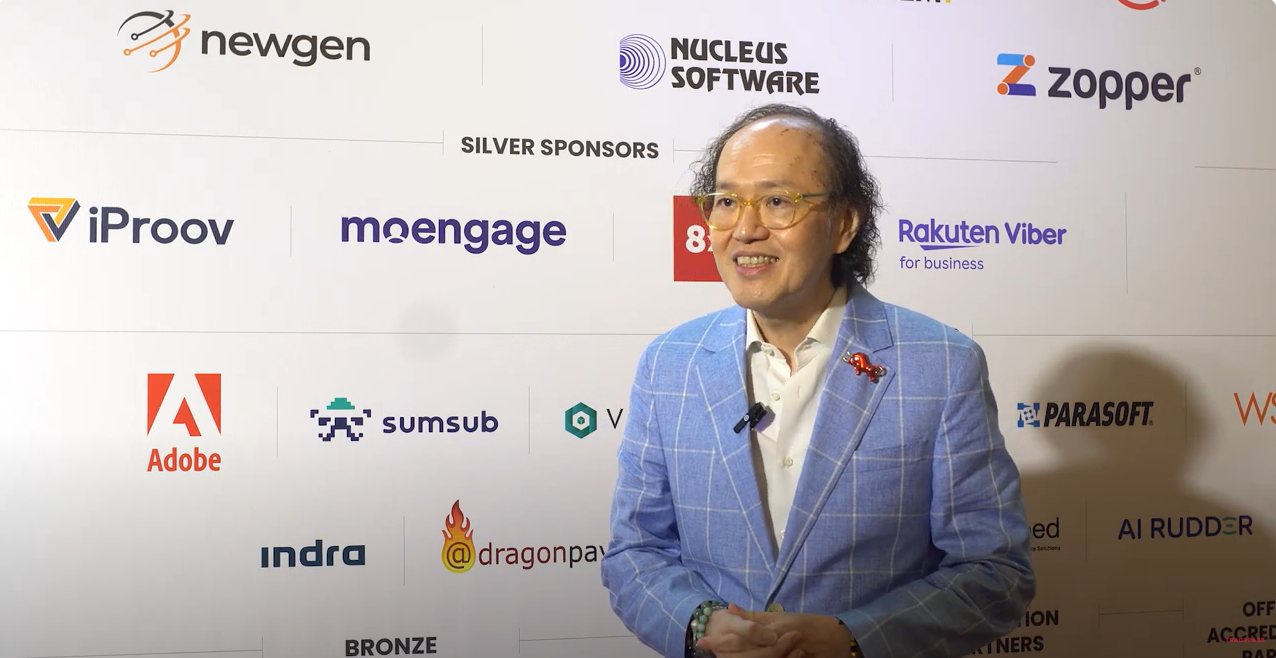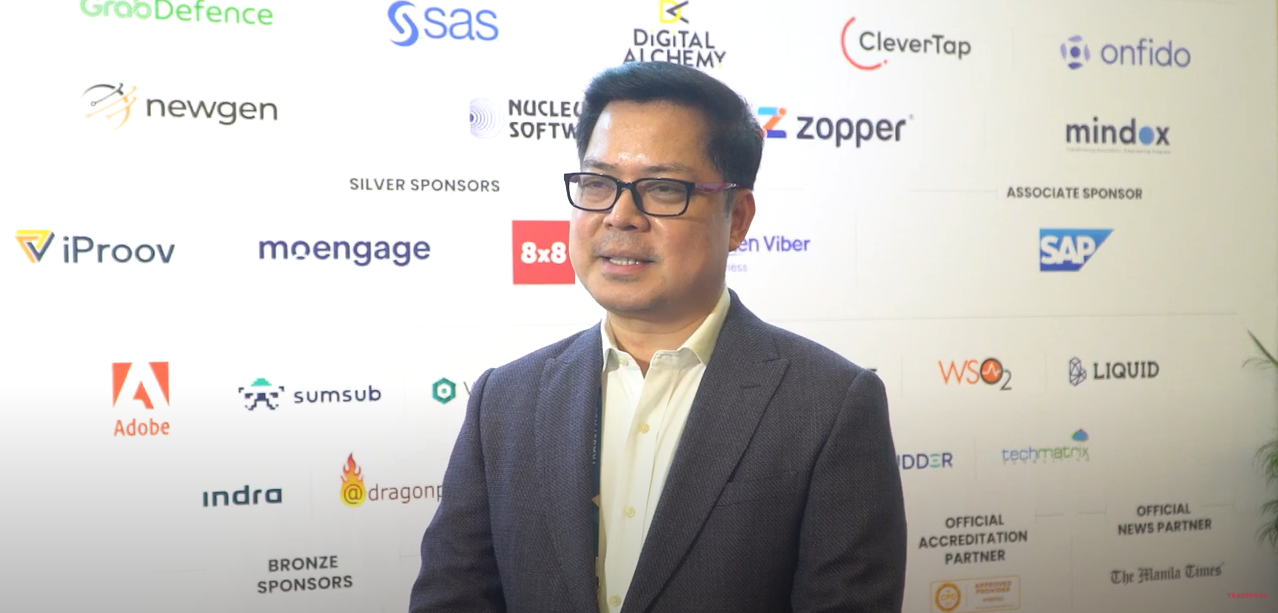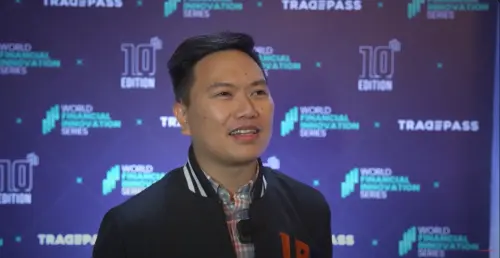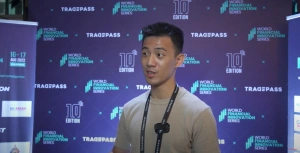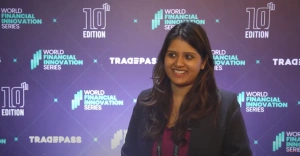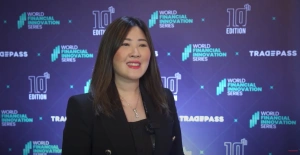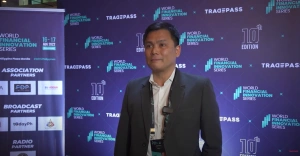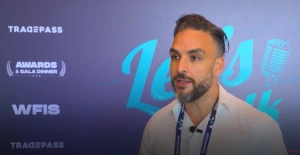How Fintech Policy Conferences Help Shape the Future of Financial Services
Fintech in the financial sector is transforming how we manage money, conduct business and invest our capital. Here, banks, investors, startups and regulators play a crucial role in shaping the industry. With ongoing digitalization of the financial services, fintech conferences such as the World Finance Innovation Series (WFIS) Philippines brings together industry leaders, C-suite executives, innovators, policy makers and investors together, offering a platform full of opportunities to exchange ideas, discuss regulatory compliances, and explore new technologies.
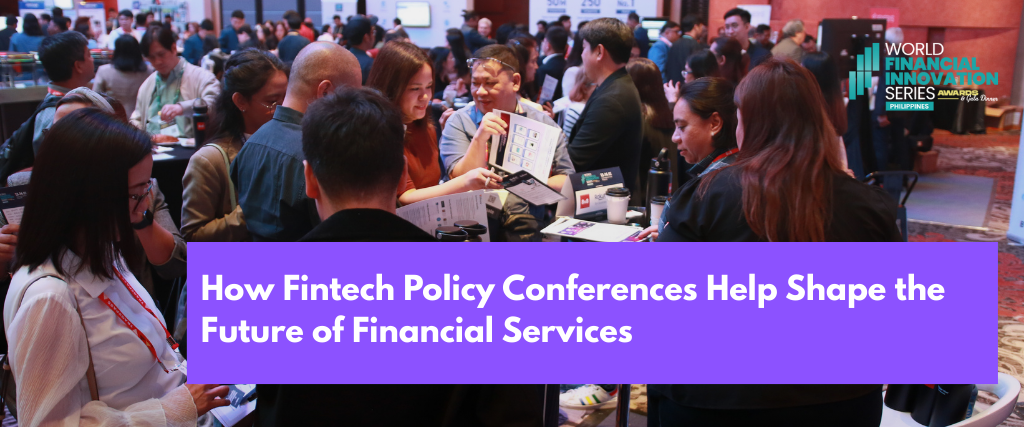
Events like these help professionals understand the industry trends, explore live demonstrations of new technologies and participate in discussions that shape the future of finance. Whether you are an investor, financial institution, or an entrepreneur, these conferences can provide valuable insights and connections.
What Are Fintech Policy Conferences?
Fintech policy conferences are specialized events where regulatory bodies, financial institutions, and technology providers gather to discuss policy frameworks shaping digital financial services. These forums focus on aligning innovation with governance, offering a structured space for addressing regulatory trends and compliance challenges.
Key features of fintech policy conferences:
- Focus on regulations, compliance, and governance in fintech and banking
- Participation from central banks, finance ministries, legal advisors, and industry leaders
- Sessions on digital banking laws, data privacy, cybersecurity, and licensing
- Interactive formats including keynote panels, roundtables, and consultation workshops
- Aim to guide policymaking, support innovation, and reduce regulatory uncertainty
These conferences serve as a neutral ground for shaping balanced and effective financial services policy.
Why Fintech Policies Are Crucial for the Future of Financial Services
The fintech sector operates at the intersection of finance, data, and technology, which demands careful regulatory oversight to protect consumer interests and maintain systemic stability. According to a 2023 report by the International Monetary Fund, over 85 countries are either drafting or updating fintech-specific regulations, indicating the global urgency of building suitable policy environments.
Policy frameworks impact nearly every aspect of financial service delivery—from onboarding processes and KYC norms to API governance and anti-money laundering protocols. Poorly designed policies can lead to market uncertainty, compliance risks, and limited innovation. On the other hand, adaptive and clear financial services policy promotes competition, transparency, and resilience.
This is why fintech policy makers increasingly rely on forums like policy conferences to hear directly from market participants and technology developers. These events help regulators understand how policies are implemented in real-world conditions and where adjustments are needed to address unintended barriers to growth or compliance.
How Policy Conferences Bridge the Gap Between Regulators and Innovators
One of the biggest challenges in the fintech space is misalignment between regulatory objectives and industry innovation cycles. While regulators focus on risk mitigation and long-term stability, startups and solution providers often prioritize market entry, user growth, and speed of execution. Fintech policy conferences help bridge this gap by offering a neutral, dialogue-driven environment where both parties can align on shared goals.
For instance, regulatory sandbox models—first introduced by the UK’s Financial Conduct Authority and now widely adopted in Asia and Africa—were largely refined through industry feedback collected during such conferences. Similarly, the evolution of eKYC standards, digital lending regulations, and data protection frameworks has benefitted from collaborative policymaking platforms.
In these conferences, fintech speakers often include both startup founders and regulatory advisors who present real-world challenges and collaborative pathways. This mutual engagement results in more grounded, implementable, and flexible regulatory guidelines that support innovation while protecting systemic interests.
What to Expect at the WFIS Philippines Regulatory Framework Sessio
The WFIS Philippines 2025 conference is expected to bring together over 600 BFSI professionals, technology vendors, and fintech professionals. One of the major highlights of the event will be the regulatory framework session, which will focus on the intersection of innovation and compliance. Attendees can expect insights into digital banking licenses, data governance frameworks, anti-fraud protocols, and digital payments interoperability.
The Philippines, through its central bank Bangko Sentral ng Pilipinas (BSP), has been advancing proactive digital finance policies, including QR Ph for mobile payments and digital ID initiatives. These updates will be part of the key discussion points during WFIS 2025. Policymakers from BSP, Securities and Exchange Commission, and the Department of Information and Communications Technology are expected to engage with regional and global industry players.
As a fintech policy conference, WFIS Philippines will offer a platform for collaborative policy discussions, allowing stakeholders to propose, refine, and validate regulation paths based on practical feedback and ongoing pilot projects.
Benefits of Attending Policy-Focused Fintech Conferences
Policy-focused events offer benefits that extend beyond regulatory updates. For fintech companies, especially startups, these conferences provide a chance to understand licensing requirements, investor due diligence norms, and compliance mandates early in their growth journey. Enterprises gain clarity on how policy shifts can impact their digital transformation strategies, while regulators receive grounded feedback to improve the effectiveness of rules.
For all participants, these conferences offer:
- Direct access to policymakers for consultation and clarity
- Visibility into upcoming regulations to better prepare compliance strategies
- Participation in live policy feedback loops through panel discussions or breakout sessions
- Opportunities to co-develop regulatory frameworks that are innovation-friendly and risk-aware
In addition, events such as WFIS provide avenues for public-private partnerships, regional harmonization of fintech policies, and ecosystem alignment. These engagements are increasingly important as financial services become more embedded, cross-border, and data-driven.
Conclusion
Fintech’s continued growth depends not only on technological advancements but also on the ability of stakeholders to collaborate on effective and forward-looking policies. Fintech policy conferences serve as structured platforms where decision-makers can identify friction points, align innovation with compliance, and collectively shape the direction of financial services. By participating in events like WFIS Philippines 2025, companies, regulators, and technology providers contribute to creating an agile and responsive regulatory ecosystem.

